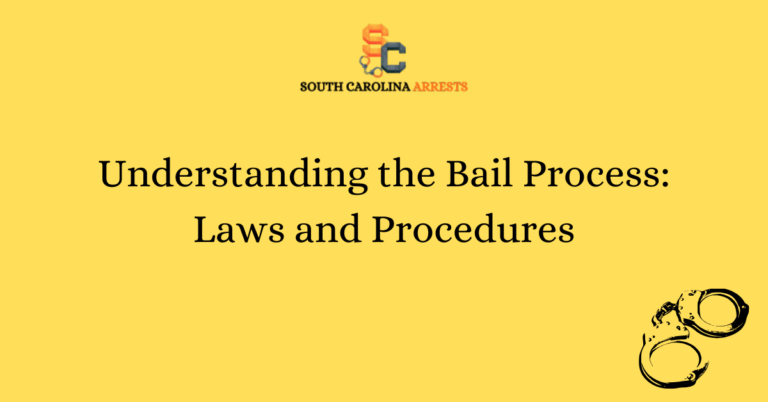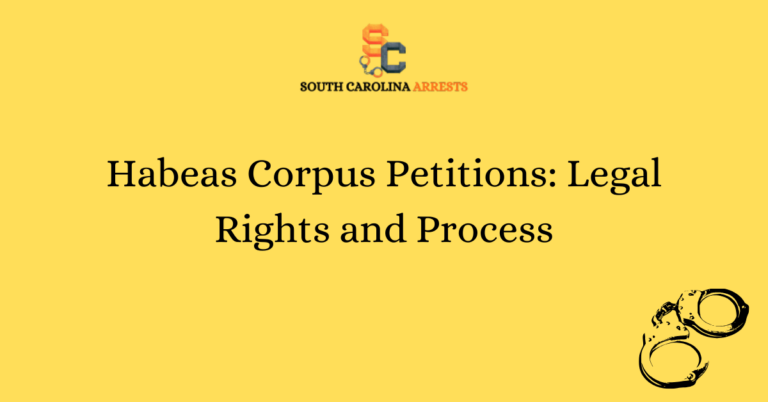Grand Jury Process: Function and Legal Implications
The grand jury process plays a crucial role in the legal system, serving as a key mechanism for determining if there is enough evidence to proceed with a criminal trial. This process involves a group of citizens who review evidence presented by prosecutors to decide whether there is probable cause to indict a suspect.
Understanding the grand jury process is essential as it has significant legal implications. It helps ensure that individuals are afforded due process and protects against unwarranted prosecutions. By delving into the function and legal implications of the grand jury process, one gains insight into its importance in upholding justice within the legal system.
The Role of Grand Jury in the Legal System
A grand jury plays a crucial role in the legal system by reviewing evidence to determine probable cause for criminal charges. This process involves a group of citizens who are selected to examine the evidence presented by prosecutors and decide whether there is enough evidence to proceed with a trial.
Reviewing Evidence to Determine Probable Cause
The grand jury process is essential in safeguarding individuals from unjust prosecution. By carefully reviewing the evidence presented, grand jurors ensure that there is sufficient cause to believe that a crime has been committed and that the accused should stand trial. This step helps to protect individuals from baseless accusations and unwarranted legal actions.
Importance of Due Process in Grand Jury
Due process is a fundamental principle in the legal system that ensures fairness and justice for all individuals. In the grand jury process, due process is upheld by providing the accused with an opportunity to present their side of the story and by requiring prosecutors to present all relevant evidence. This ensures that decisions are made based on a thorough and impartial review of the facts.
Protecting Against Unwarranted Prosecutions
Grand juries serve as a check on prosecutorial power by requiring prosecutors to justify their decision to bring charges against an individual. This helps to prevent unwarranted prosecutions and ensures that only cases with sufficient evidence proceed to trial. By upholding due process and protecting individuals from unjust legal actions, grand juries play a critical role in maintaining the integrity of the legal system.
Function of Grand Jury Process
The grand jury process provides valuable insight into the legal implications of criminal cases. By examining the evidence and deliberating on whether to bring charges, grand jurors gain a deep understanding of the complexities of the legal system and the importance of upholding justice.
Insight into Legal Implications
Through their involvement in the grand jury process, jurors gain a unique perspective on the legal implications of criminal cases. They learn about the burden of proof required for criminal charges, the rights of the accused, and the role of prosecutors in seeking justice. This insight helps to ensure that decisions are made based on a thorough understanding of the legal system.
Upholding Justice within the Legal System
Grand juries play a vital role in upholding justice within the legal system by carefully considering the evidence presented and making informed decisions about whether to bring charges. By ensuring that only cases with sufficient evidence proceed to trial, grand juries help to maintain the integrity of the legal system and protect individuals from unjust legal actions.
Significance of Understanding the Grand Jury Process
It is essential for individuals to understand the grand jury process and its implications for the legal system. By gaining insight into how grand juries operate and the role they play in safeguarding individuals’ rights, people can better appreciate the importance of due process and the protection it provides against unwarranted prosecutions.
Frequently Asked Questions
Our Frequently Asked Questions section aims to provide detailed information about the Grand Jury Process: Function and Legal Implications. Below, you will find answers to common queries related to this topic.
What is the function of a grand jury?
A grand jury is responsible for reviewing evidence presented by prosecutors to determine if there is enough evidence to indict a suspect and proceed to trial. They act as a check on the government’s power and ensure that individuals are not charged without sufficient evidence.
How is a grand jury different from a trial jury?
A grand jury is not involved in determining guilt or innocence but only decides if there is enough evidence for a trial to proceed. Trial juries, on the other hand, hear evidence during a trial and decide on the defendant’s guilt or innocence.
Who can be called to serve on a grand jury?
Grand jurors are typically randomly selected from a pool of eligible citizens. Eligibility requirements vary by jurisdiction but generally include being a U.S. citizen, over 18 years old, and having no felony convictions.
What are the legal implications of grand jury proceedings?
Grand jury proceedings are typically conducted in secret to protect the integrity of the investigation. Witnesses are often subpoenaed to testify, and prosecutors present evidence to the grand jury without the defendant or their attorney present.
Can a grand jury indictment be challenged?
In some cases, a defendant can challenge a grand jury indictment if they believe there was misconduct or bias in the proceedings. However, successfully challenging an indictment can be difficult, as grand jury decisions are generally given deference by the courts.
What happens after a grand jury indictment?
After a grand jury returns an indictment, the case proceeds to trial where the prosecutor presents evidence to prove the defendant’s guilt beyond a reasonable doubt. The defendant has the opportunity to present their defense and challenge the evidence presented.







